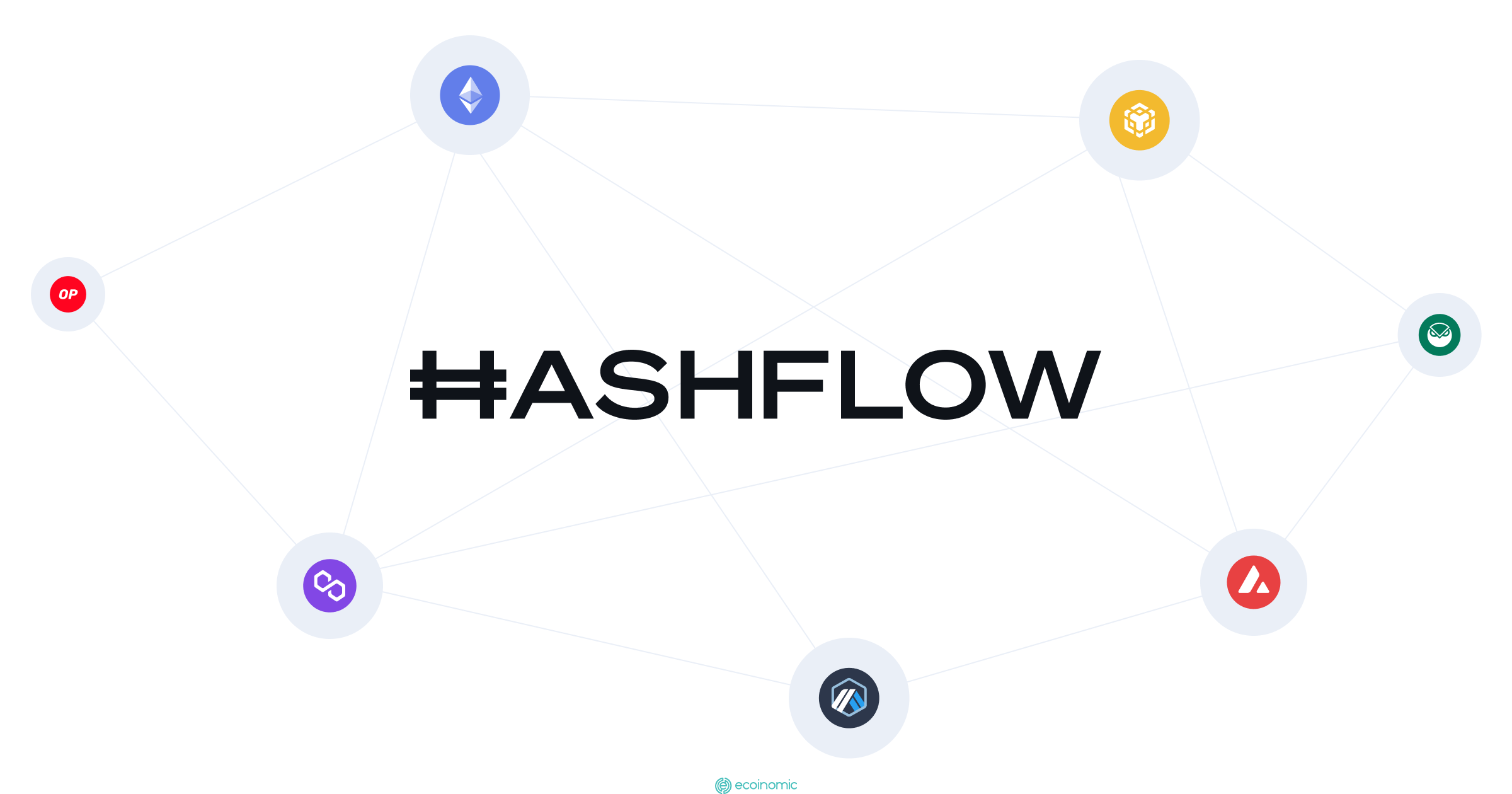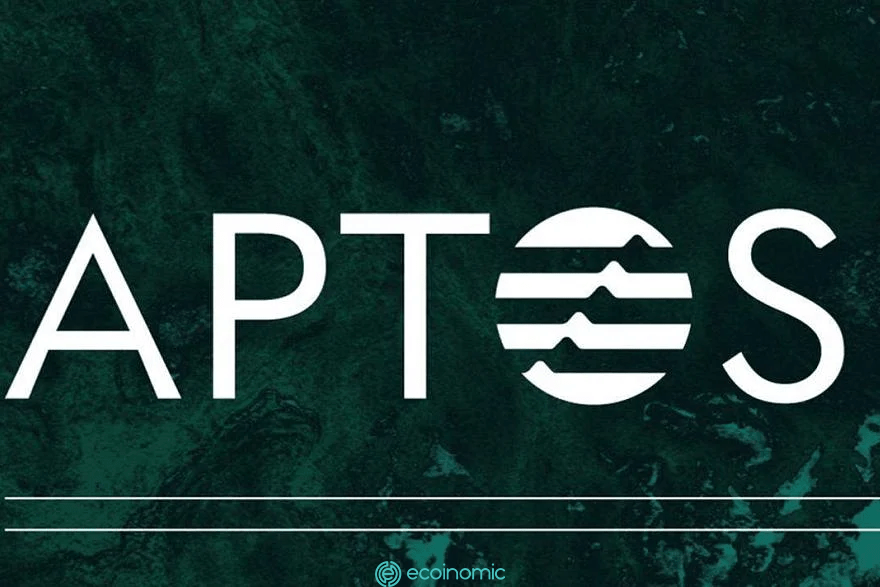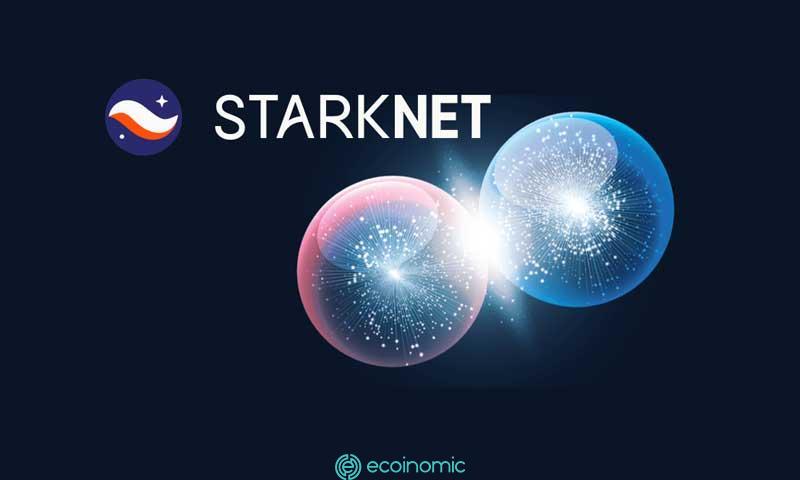Advertisement
As the issuance of $1 billion worth of bitcoin bonds was delayed, El Salvador’s President Nayib Bukele faced an $800 million payment in January 2023.
El Salvador is in danger of defaulting on its debt.
Ownership of El Salvador’s $800 million government bonds will be due in January 2023, of which the probability of bankruptcy is 48%. International financial markets predict the Central American country will stop paying its debts as expected for eight months, just over a year after adopting a legal bitcoin tender.
El Salvador has a low economic growth rate, a large financial deficit and nearly 90% of GDP in government bad debt (interest rate of 5% per year compared to 1.5% in the US). Without major changes in economic policy, El Salvador risks becoming a default country.
Frank Muci is a member of the LSE’s Department of Public Policy. His research concerns include economic growth policy and public finance management. A longer version of these policies first appeared in Frank Muci’s newsletter.
Most practitioners and scholars agree that the national debt is highly costly. This is especially true in dollarized countries like El Salvador, where missed government payments lead to the phenomenon of mass withdrawals.
As in other emerging markets, local banks, insurance companies and pension funds in El Salvador all have a lot of domestic government debt and some foreign debt on their balance sheets.
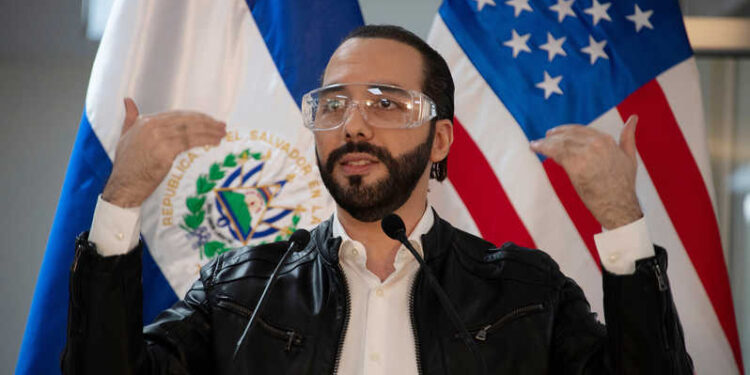
Even if President Nayib Bukele only defaulted on foreign debt, domestic debt would be riskier (and less valuable), causing damage in the market in theory. Both of these bonds will count towards bank equity and reduce the size of the balance sheet across the financial system.
In this case, some Salvadorans want to send dollars in cash to safe U.S. banks, not in risky banks at home. Large withdrawals or cash flows to the United States would strain the liquidity of domestic banks and leave weaker banks insolvent.
El Salvador’s monetary authority cannot print U.S. dollars to defuse crises or rescue failed institutions (only the U.S. Federal Reserve can). So the central bank will have to use a limited reserves worth $3.4 billion – or 12% of the country’s GDP – to manage tensions.
Given the risks and costs of defaulting on the national debt, el Salvador wants to keep making payments. The government looks forward to continuing to pay its debts, at least for now.
In March, El Salvador’s Finance Minister Alejandro Zelaya insisted the country’s risk of default was “zero” and said the government remained committed to making payments in all circumstances.
First, Bukele is seeking re-election after two years, in June 2024, and in power for another five years. His approval rating is extremely high (85%) and his control over the media and the rule of law is tightening.
Ralated: Top Biggest Cryptocurrency Hacks In The Market As Of 2022
Views on the possibility of a default by El Savador
Bukele’s administration issued more than a quarter of all foreign bonds, selling $1.1 billion in banknotes in 2019 and $1 billion in 2020. If Bukele starts running out of money and defaults, he could do the same in 2025, when another major $800 million bond is issued. But for now, at least El Salvador can keep paying.
Otherwise, Bukele could only build a program with the International Monetary Fund (IMF) and raise hundreds of millions of dollars to fund the government, which the IMF would disburse gradually in exchange for reforms.
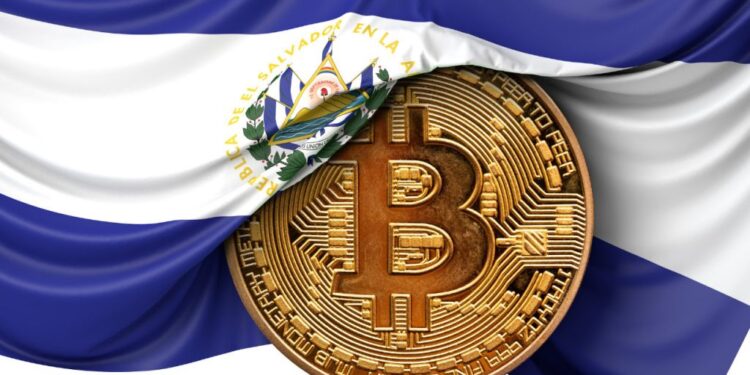
The IMF will likely demand fiscal consolidation – tax increases and spending cuts. Therefore, the debt-to-GDP ratio tends to decrease in the medium term. It will also require a cryptocurrency reform, amending bitcoin laws to prevent macro-risks.
This is entirely doable – because of Bukele’s popularity and influence in Parliament. Plus, the tight privacy policy that made him famous, not bitcoin laws — could be altered with limited political implications.
More speculatively, El Salvador may secure some financing from major players in the cryptocurrency space who are known as “whales” who want to implement the idea of “applying national bitcoin”.
Stablecoin issuer Tether, cryptocurrency exchange Bitfinex or others can extend support with a direct loan with the government, buy domestic bonds, or simply deposit U.S. dollars into banks that can turn around and use it to buy government debt in El Salvador.
Currently, El Salvador has many options to turn the tide. From these it can be concluded that El Salvador will not default on its debts in 2023.
Related: Binance CEO: Form A Fund To Help Recover The Blockchain Industry

